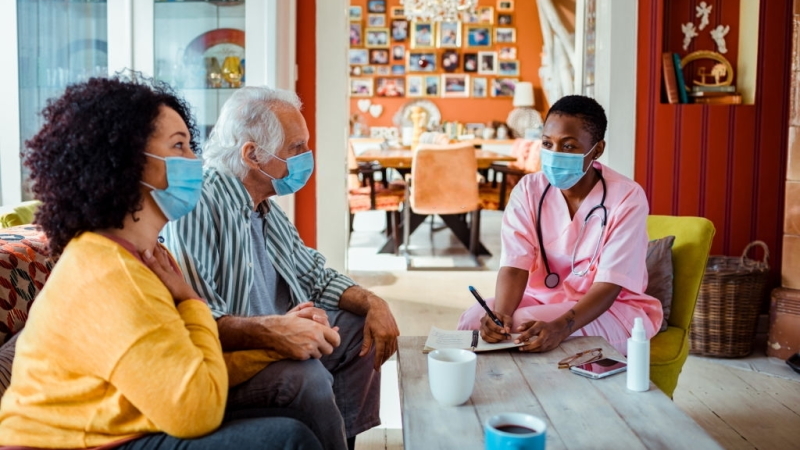Once an effective vaccine becomes available, there will be the matter of distributing it and deciding who will be prioritized and who won't. | Stock Photo
Once an effective vaccine becomes available, there will be the matter of distributing it and deciding who will be prioritized and who won't. | Stock Photo
Sen. Jim Runestad (R-White Lake) recently urged Gov. Gretchen Whitmer and the Michigan Department of Health and Human Services (MDHHS) Director Robert Gordon that seniors, individuals with underlying health conditions, frontline health care workers and essential workers be given the highest priority for the COVID-19 vaccine, once it becomes available, according to MiSenateGOP.
“It is no secret how hard the COVID-19 pandemic has hurt seniors and those with underlying health conditions, and it is no secret how hard our frontline and essential workers have worked to protect and serve their neighbors during this pandemic,” Runestad wrote in his letter to Whitmer and MDHHS, according to MiSenateGOP. “It’s critical that vulnerable populations be given the vaccine first.”
Seniors and those with underlying health conditions are especially vulnerable to the virus and have reported higher fatality rates from COVID-19 than other populations.
Runestad says that experts advising the Centers for Disease Control and Prevention (CDC) recommend giving first priority to populations that are especially vulnerable to the virus. He adds that, even though a vaccine may be far off, the state needs to decide now about implementation procedures for a vaccine program.
“I’ve made it my mission to make a difference for Oakland County families, seniors and the most vulnerable among us,” he told MiSenateGOP. “Prioritizing the vaccine for those individuals, as well as those on the front lines fighting the virus, is a decision both Republicans and Democrats should be able to get behind.”
Although there is no vaccine currently available to the public, three pharmaceutical companies have announced high rates of success in their vaccine trials thus far: Pfizer with BioNTech, Moderna, and AstraZeneca with the University of Oxford. Each vaccine has its pros and cons, and all must undergo further testing and approval before they will be available to the general public, but so far the results have been promising, according to Science magazine. The entire country has its fingers crossed.






 Alerts Sign-up
Alerts Sign-up